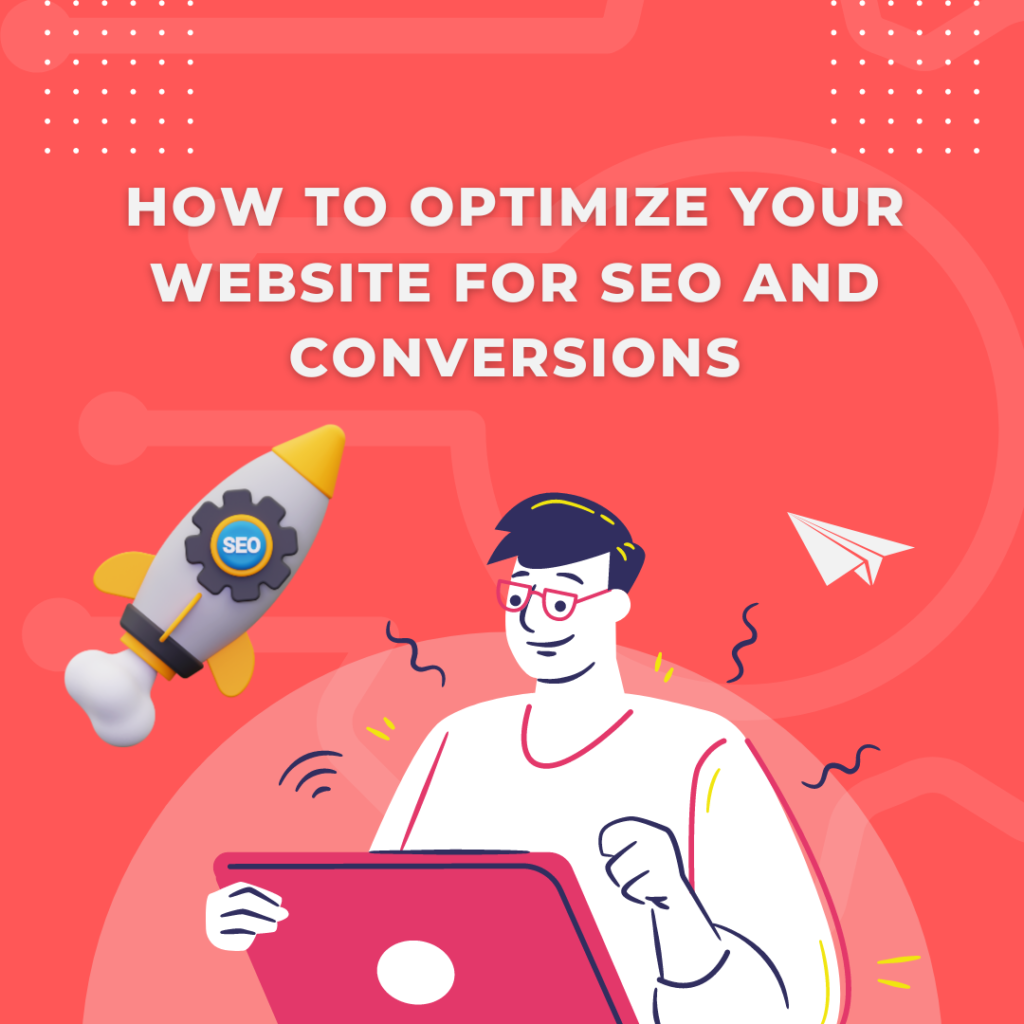SEO for Beginners: A Comprehensive Guide to Optimizing Your Website

Table of Contents
Understanding SEO
The Importance of SEO
Essential Steps to Optimize Your Website
1.Conduct Keyword Research and Use Relevant Terms
2.Strategically Place Keywords Throughout Your Page
3.Integrate SEO into Permalinks
4.Interlink Your Existing Content
5.Create High-Quality Content and Avoid Keyword Stuffing
6.Optimize Your Images
7.Enhance Page Speed
8.Ensure Mobile Compatibility
9.Implement Technical SEO
10.Regularly Update Your Pages and Content
Promote Your Posts and Content
Did you know that about 64% of organic traffic originates from search engines, while only roughly 10% comes from social media platforms? To build an effective digital marketing strategy, mastering search engines is crucial. This beginner’s guide to SEO will introduce you to search engine optimization and explain how to enhance your website to boost traffic.
Understanding SEO
To grasp the concept of SEO, it’s essential to understand how search engines like Google and Bing operate. These engines determine search rankings by indexing web pages, similar to a digital version of traditional phone books. When you create a website, search engine bots crawl it to understand its content, indexing it so that it appears in relevant search results. SEO, or search engine optimization, involves improving your site to make it more favorable to search engines, enhancing its relevance and ranking higher in search results.
The Importance of SEO
Consider your own search habits. When you search for information on Google, you typically click on one of the first few results. Rarely do you navigate to the second or third page of results. This illustrates the importance of SEO. Optimizing your pages for search engines helps improve your search ranking, ideally placing your pages on the first page of search results, driving more traffic to your site.
Essential Steps to Optimize Your Website
Here are 10 crucial SEO tips for beginners that you can use to enhance your website right now.
1. Conduct Keyword Research and Use Relevant Terms
Keywords are fundamental to SEO. They indicate the primary topic of your content and help people find your articles through online searches. Choose keywords that align with the search intent of your target audience. Use a combination of short and long-tail keywords, considering both search volume and ranking difficulty. Additionally, tools like Google Keyword Planner, Ahrefs, and SEMrush can help you identify the most effective keywords for your content strategy.
2. Strategically Place Keywords Throughout Your Page
Each page or blog post should have relevant keywords strategically placed. Include your chosen keywords in the title, URL, the first and last paragraphs, throughout the text, and in image tags. Avoid keyword stuffing, which will be discussed further in this guide. Proper keyword placement ensures that search engines understand the main focus of your content, improving your chances of ranking higher in search results.
3. Integrate SEO into Permalinks
Permalinks are the URLs of your web pages. They should be concise, descriptive, and relevant to the page content. Avoid using dates or information that may change over time. This helps maintain the permalink’s relevance and contributes to better SEO. A well-structured permalink not only improves user experience but also makes it easier for search engines to index your content.
4. Interlink Your Existing Content
Link related posts and pages within your website. This improves user experience by guiding readers to more content and helps search engines understand your site’s structure. Internal linking also distributes page authority throughout your site, boosting the ranking potential of important pages. Make sure to use descriptive anchor text for your links to provide context for both users and search engines.
5. Create High-Quality Content and Avoid Keyword Stuffing
Engaging, informative content is crucial. Cover your topic thoroughly, write clearly, and avoid overloading your content with keywords. Search engines recognize and penalize keyword stuffing. High-quality content not only satisfies search engine algorithms but also keeps your audience engaged and encourages them to return to your site. Focus on delivering value through well-researched and well-written articles.
6. Optimize Your Images
Images enhance readability and SEO. Use descriptive ALT-text for images, incorporating relevant keywords. Compress images to improve page load speed, which is a crucial ranking factor. Optimized images contribute to a better user experience and can help your site rank in image search results. Tools like TinyPNG or JPEG Optimizer can help you reduce image file sizes without compromising quality.
7. Enhance Page Speed
Fast page loading ensures a good user experience and contributes to better search rankings. Optimize your website’s performance to reduce load times and lower bounce rates. This can be achieved by compressing images, enabling browser caching, and minimizing code. A fast-loading site not only improves user satisfaction but also increases the likelihood of higher search rankings, as speed is a known ranking factor.
8. Ensure Mobile Compatibility
With increasing mobile internet usage, optimizing your site for mobile devices is essential. Ensure your site is mobile-friendly to enhance user experience and improve search rankings. Use responsive design principles to make your site adaptable to different screen sizes. Mobile compatibility is crucial for reaching a broader audience and is a significant ranking factor in search engines like Google.
9. Implement Technical SEO
Technical SEO involves optimizing the infrastructure of your website. This includes creating an XML sitemap, structuring your site logically, fixing broken links, and ensuring security. Technical SEO is foundational for visibility and search engine indexing. By addressing technical aspects, you make it easier for search engines to crawl and index your site, leading to better search performance.
10. Regularly Update Your Pages and Content
Regularly update your content to keep it relevant. Perform SEO audits to evaluate and optimize older content. Outdated information can hurt your rankings, so keep your pages fresh and accurate. Consistent updates signal to search engines that your site is active and relevant, which can positively impact your rankings. Consider setting a schedule for reviewing and refreshing your content periodically.
Promote Your Posts and Content
SEO is an ongoing process. Consistently publishing relevant content improves your search rankings. Promote your posts organically through social media and newsletters, or with paid advertising (PPC). Both methods are vital for a comprehensive marketing strategy and can significantly boost your SEO performance. Leveraging multiple channels for promotion ensures that your content reaches a wider audience, driving more traffic to your site.
By following these steps, you’ll be well on your way from an SEO beginner to an advanced practitioner, seeing increased traffic and better search engine rankings for your website. Remember, SEO is a continuous effort, and staying updated with the latest trends and best practices is crucial for long-term success.
